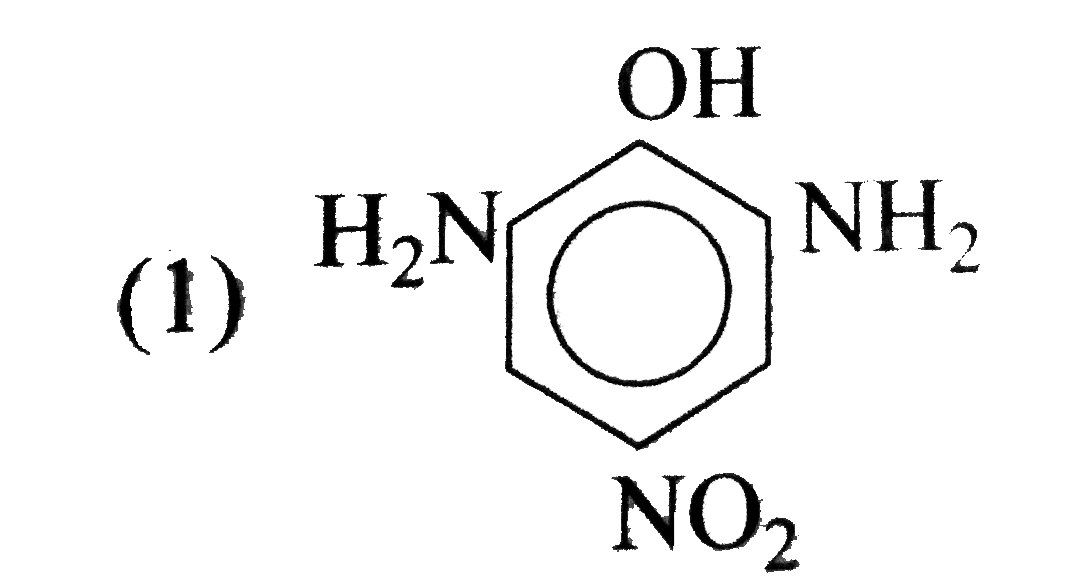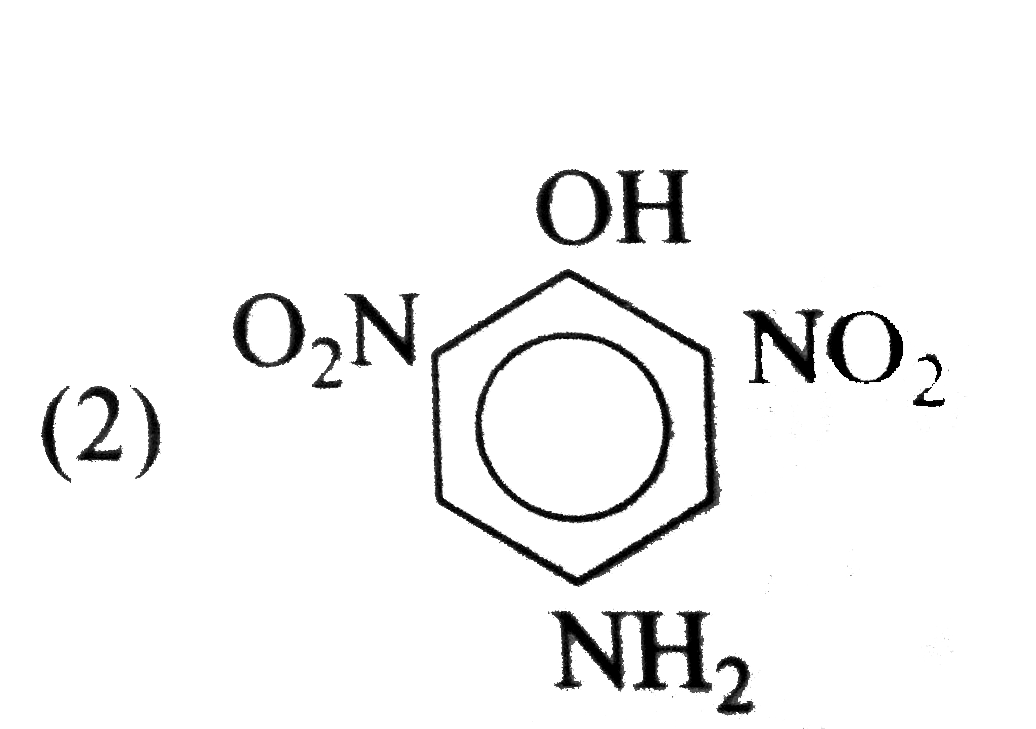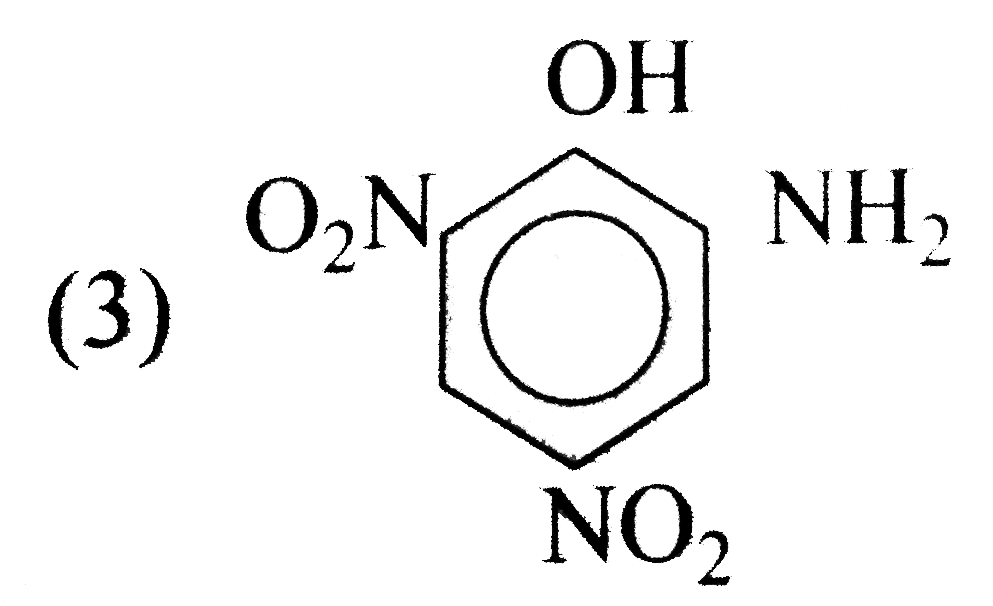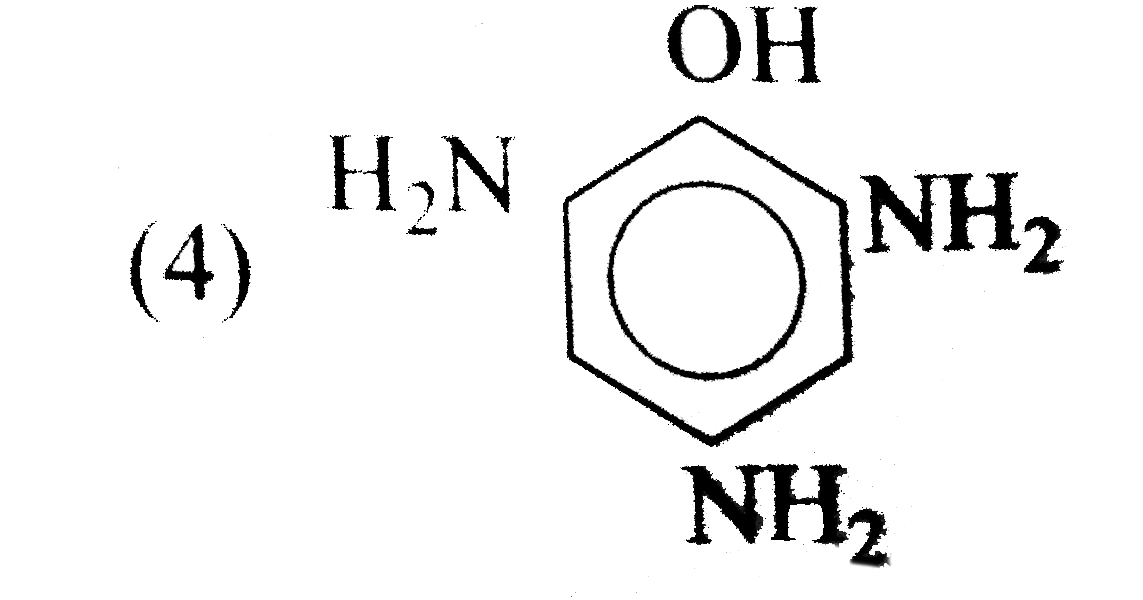When an amide is reduced with sodium/alcohol is yields
A
primary amine
B
an alcohol
C
secondary amine
D
aldoxime
Text Solution
The correct Answer is:A
R−O∣∣C−NH2+4[H]Na/alc.−−−−→R−CH2−NH2+H2O1∘amine
|
Topper's Solved these Questions
- CARBOXYLIC ACIDS AND THEIR DERIVATIVESBOOK - DINESH PUBLICATIONCHAPTER - CARBOXYLIC ACIDS AND THEIR DERIVATIVESEXERCISE - Revision question from competitive exams
162 Videos
- CARBOXYLIC ACIDS AND THEIR DERIVATIVESBOOK - DINESH PUBLICATIONCHAPTER - CARBOXYLIC ACIDS AND THEIR DERIVATIVESEXERCISE - Selected straight objective type MCQs
43 Videos
- BIOMOLECULESBOOK - DINESH PUBLICATIONCHAPTER - BIOMOLECULESEXERCISE - Reason
1 Videos
- CHEMICAL BONDING AND MOLECULAR STRUCTURE BOOK - DINESH PUBLICATIONCHAPTER - CHEMICAL BONDING AND MOLECULAR STRUCTURE EXERCISE - COMPREHENSION
4 Videos
Similar Questions
Knowledge Check
The final product formed when acetaldehude is reduced with sodium and alcohol is
AEthyleneBEthyl alcoholCEtheneDAll of theseWhich of the following is formed when picric acid is reduced with sodium sulphide?
A B
B C
C D
D
Benzene diazonium chloride when reduced with sodium sulphite yields
AChlorobenzeneBBenzeneCPhenyl hydrazine chlorideDPhenol
Write the chemical equation for the reactions which occur when sodium iodate (NalO3) is reduced with sodium hydrogen sulfite.
View SolutionWrite the chemical equation for the reactions which occur when sodium iodate [NaIO3] is reduced with sodium hydrogen sulphite.
View SolutionAn ester can be reduced to alcohol /alcohols by
View SolutionAcetoxime when reduced by sodium and alcohol give
View SolutionChoose the amide which on reduction with LiAlH4 yields a secondary amine
View Solution
